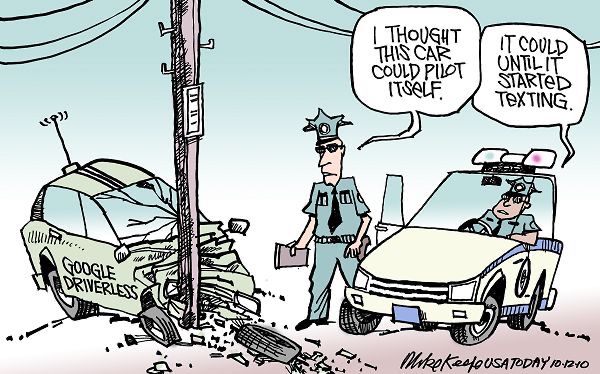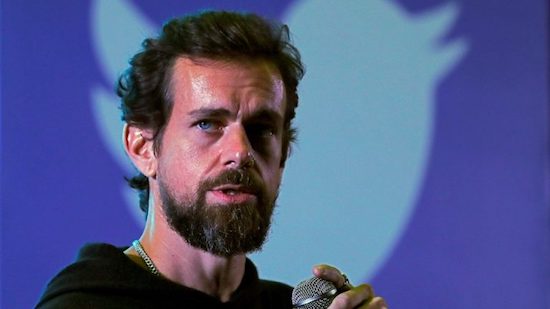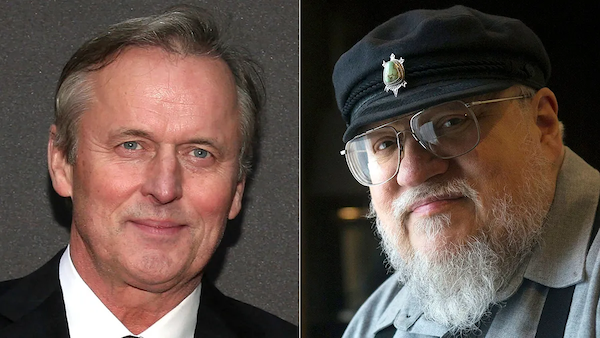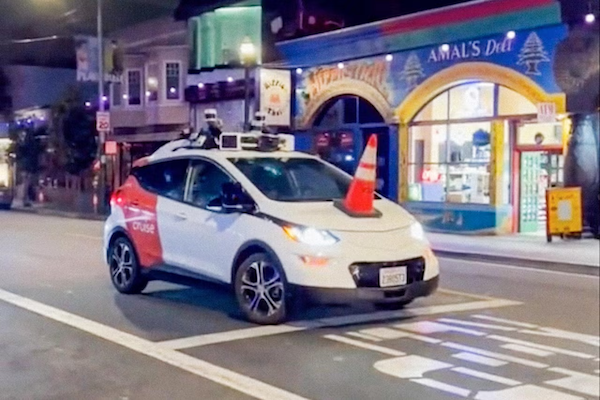
(quote)
Why the ‘Godfather of AI’ decided he had to ‘blow the whistle’ on the technology
“I’m just a scientist who suddenly realized that these things are getting smarter than us,” Hinton told CNN’s Jake Tapper in an interview on Tuesday. “I want to sort of blow the whistle and say we should worry seriously about how we stop these things getting control over us.”
Hinton’s pioneering work on neural networks shaped artificial intelligence systems powering many of today’s products. On Monday, he made headlines for leaving his role at Google, where he had worked for a decade, in order to speak openly about his growing concerns around the technology.
In an interview Monday with the New York Times, which was first to report his move, Hinton said he was concerned about AI’s potential to eliminate jobs and create a world where many will “not be able to know what is true anymore.” He also pointed to the stunning pace of advancement, far beyond what he and others had anticipated.
“If it gets to be much smarter than us, it will be very good at manipulation because it will have learned that from us, and there are very few examples of a more intelligent thing being controlled by a less intelligent thing,” Hinton told Tapper on Tuesday. “It knows how to program so it’ll figure out ways of getting around restrictions we put on it. It’ll figure out ways of manipulating people to do what it wants.”
Q&A: Google’s Geoffrey Hinton — humanity just a ‘passing phase’ in the evolution of intelligence
The Google engineering fellow who recently resigned was key to the development of generative AI and chatbots; he now believes he underestimated the existential threat they pose, and once AI can create its own goals, humans won’t be needed.
Geoffrey Hinton, a professor and former Google engineering fellow, is known as “godfather of artificial intelligence” because of his contributions to the development of the technology. A cognitive psychologist and computer scientist, he pioneered work on developing artificial neural networks and deep learning techniques, such as back propagation — the algorithm that allows computers to learn. Hinton, 75, is also a 2018 winner of the Turning Award, colloquially referred to as the Nobel Prize of computer science.
With that background, Hinton made waves recently when he announced his resignation from Google and wrote a statement to The New York Times warning of the dire consequences of AI and of his regret over having been involved in its development. Hinton spoke this week with Will Douglas Heaven, senior editor for AI at MIT Technology Review, at the publication’s EmTech conference on Wednesday. The following are excerpts from that conversation…
“It’s as if some genetic engineers said, ‘We’re going to improve grizzly bears; we’ve already improved them with an IQ of 65, and they can talk English now, and they’re very useful for all sorts of things, but we think we can improve the IQ to 210.’… these things will have learned from us by reading all the novels that ever were and everything Machiavelli ever wrote [about] how to manipulate people. And if they’re much smarter than us, they’ll be very good at manipulating us. You won’t realize what’s going on. You’ll be like a two-year-old who’s being asked, ‘Do you want the peas or the cauliflower,’ and doesn’t realize you don’t have to have either. And you’ll be that easy to manipulate.”
(unquote)
Image courtesy Telegraph UK






